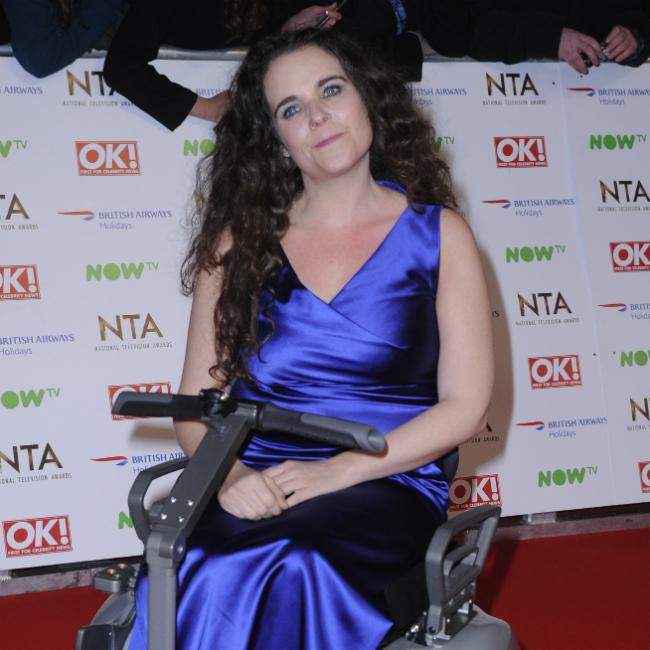Cherylee Houston says Bryan Cranston’s portrayal of a disabled person in ‘The Upside’ could be a "problem" because his "opinion" of his character’s disability is "very new".
The ‘Coronation Street’ actress – who has been in a wheelchair for 20 years in real life, and plays Izzy Armstrong on the soap – has suggested that society might therefore see this "as a negative" and see "all the bad bits".
Speaking to the Huffington Post about about the actor’s role as Phillip, a quadriplegic, in the movie, she explained: "We have this thing in our community of ‘nothing about us without us’, so therefore, if you feel you can’t financially justify having us in the lead role then put us elsewhere.
"The problem is, he [Bryan] is coming from it as a non-disabled person, therefore his opinion of that disability is very new.
"That’s the point where society sees it as a negative [and] sees all the bad bits. As an actor, that will impact on your thought processes and your acting choices."
While Cherylee, 44, acknowledged movies and TV shows sometimes need to cast a major name in such roles, she believes they need to find ways to make sure disabled actors still get opportunities on screen.
She added: "There are nuances that a non-disabled actor will never be able to put in or portray so what it’s perpetuating is society still getting this image of disability which isn’t based in disability.
"It’s based in a perception of what disability is, from a non-disabled point of view, which tends to be a negative or fearful one."
Cherylee – who launched the Disabled Artists Networking Community (DANC) last year – said the benefit of using actors who actually live with disabilities means their performers won’t be focused on just one aspect of the roles.
She said: "I’ve been a wheelchair user for over 20 years so I’m so over it that I’m not playing that, I’m playing the character."
Her work with DANC looks to help change the way the industry "embraces" disabled artists and performers.
She previously said: "This industry can change the way we’re treated in society. So if we can change the way this industry embraces us … then people won’t have to face the blocks we faced."
Cherylee Houston on Bryan Cranston’s disabled character in The Upside
